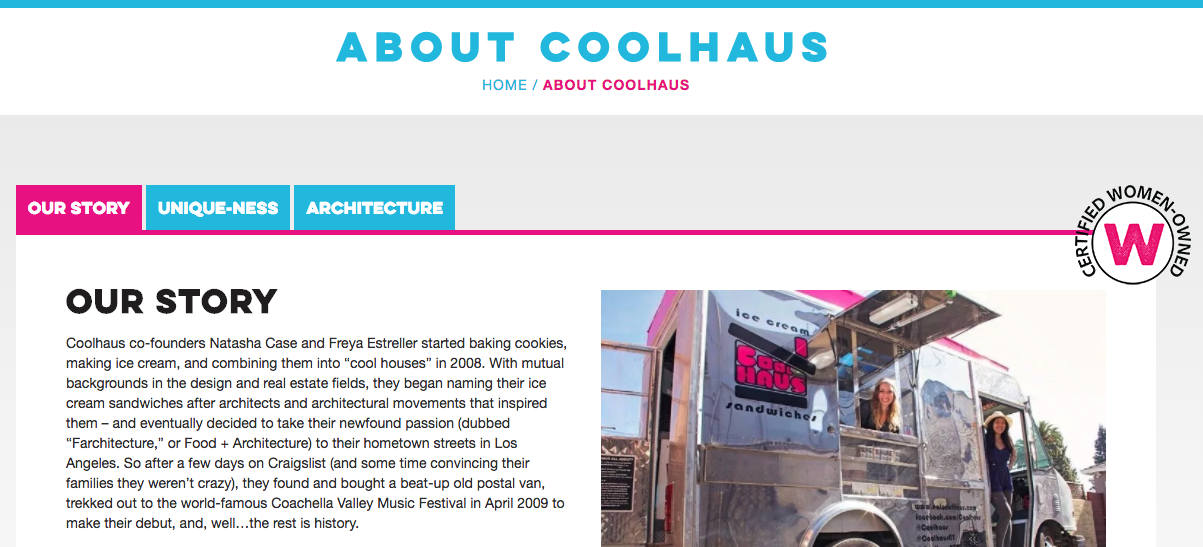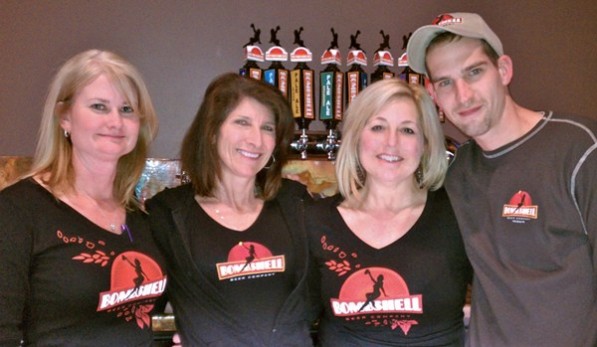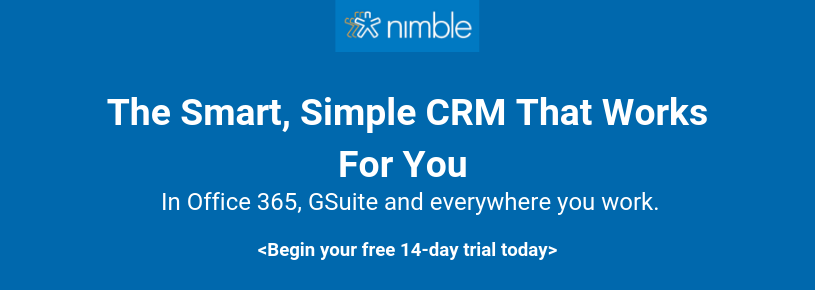If you’re thinking about getting certified as a woman-owned business, the Women’s Business Enterprise National Council (WBENC) is the largest certifier in the United States. There are other certification programs too, particularly at the state level.
Getting certified is not a quick process, but it brings numerous benefits you could enjoy.
“The only way to prove you are a women-owned, small business is to get certified,” says Linda Rawson, CEO and founder of DynaGrace Enterprises. “Otherwise, you are just like every small business out there.”
“I hate when a small business owned by a man claims to be women-owned,” Rawson says. “Certification ensures women are more than just a name on paper. The woman is the owner/operator.”
In addition to validating that your business is a women-owned business, here are six ways that getting certified could boost your marketing efforts.
1. Ability to Specifically Target People Who Want to Support Women in Business
The #MeToo movement played a substantial part in putting the focus back on female empowerment. Today’s consumers are increasingly selective, and they often make purposeful decisions about where to spend their money. After getting certified, you can display a logo on your products that designate them as originating from a woman-owned business.
WBENC began offering that logo in 2014, and approximately 200 products now showcase it.
Natasha Case is the co-founder of an ice cream company called Coolhaus. It’s certified as woman-owned, and Case notes that the logo got such a positive reception that the company redesigned its packaging to make it more prominent.

Also, Walmart polled its female customers in the U.S. to find out about the potential impact on sales. The results showed that 90% of respondents would go out of their way to buy things made by women.
2. Opportunities to Stand Out at Events for Female Entrepreneurs
Many communities have special events that put the spotlight on female business owners, especially related to International Women’s Day. Once you are certified, it’ll be easier to get noticed at those events and show you take your company seriously. After all, not all woman-owned businesses ultimately get certified.
Moreover, WBENC offers a host of gatherings and exclusive opportunities for people associated with certified businesses. They range from the WBENC National Conference and Business Fair, held each June, to MatchMaker meetings. These are one-on-one chances for a person from a woman-owned business to meet with people who are WBENC national corporate or government members.

“Having a woman-owned certification enables you to proactively seek out companies and organizations that want to do business with women,” says Jill Hammergren, visual storyteller and owner of The Media Pro. “It feels empowering to know that your business and expertise are valued in the marketplace.”
“From a marketing standpoint, the certifications give you another way to differentiate your business and to enable you to be recognized,” Hammergren says. “It often helps open doors and increases consideration when there are others competing for the same work. You still have to prove yourself, but when companies and organizations are focused on diversity and doing more with women and minorities, you give them an easy way to say yes to you.”
As a start, you could convert these events into marketing opportunities by publicly discussing your attendance on social media feeds or your company’s blog. You should also consider that showing up and being in the presence of other female business owners could offer other marketing avenues. You might meet someone who asks you to be a guest speaker at an upcoming luncheon, for example, and doing that spreads the word about your operation further.
3. Potential to Host Relevant Community Events
Many members of the public think they know the broad definition of a woman-owned business, but they may not realize how to get officially certified or why you chose to take that route. Keep those things in mind as you think about the possibility of hosting a one-off event or an informational series that clarifies some of the questions people have about getting certified.

For example, some of the people who come to the event may not realize that getting certified by WBENC requires paying a processing fee ranging from $350-$1,250 based on your annual gross revenue and that you need to submit several documents to get approved. It’s worth it because the certification lasts for a year, and getting recertified is a less-involved process.
If you fill people in about these things via events at your business, this approach positions you as a person of authority. You’ve been through the certification process and want to share what you know with others. As such, these community information sessions could be excellent marketing mechanisms because they promote your company while helping people get informed.
4. Certification Could Cause Increased Press Coverage
Taking the time and showing the dedication required to get certified as a woman-owned business could also help you generate more interest from press outlets. That’s especially true if your company is the first one owned by a woman in your town or the first officially certified business run by a female entrepreneur.
Press coverage can also come about if you have a woman-owned business in a traditionally male-dominated industry. For example, the Bombshell Beer Co. in Holly Springs, North Carolina, has three females leading it, and it is the first women-owned microbrewery in the state.

People love human interest stories about others who overcome adversity and defy the odds stacked against them. Getting certified could give you an excellent reason to specifically approach press outlets and ask for coverage, whether by submitting press releases or getting interviewed on nightly news programs in your area.
5. Get Mentioned in Local Directories
WBENC is the largest certifier of women-owned businesses, but there are other options, too. You may choose to get certified by WBENC first, then look for more alternatives to broaden your reach in an area. For example, Virginia has a Small, Women-Owned, and Minority-Owned Business (SWaM) certification.
There is a Virginia-based directory that allows people to narrow down their searches for businesses by certification type, including certified women-owned ones. It’s worthwhile to see whether similar databases exist in your area. If they do, getting listed in them could bring more people to your company.
Think about how some companies pay to advertise in tourism magazines because they want to target visitors in the area. The concept is similar here. You could also publish social media posts that say something like, “Tell your friends that we’re now listed in (name of directory). If it also mentions your phone number, website and address, that’s even more helpful for marketing purposes.
6. Capitalize on Awards Eligibility
Some cities are so committed to helping women-owned businesses progress that they have annual awards for the best of the best in a given area. In San Antonio, the local chapter for businesses owned by women presents six candidates with accolades each year.
Some awards distributors don’t require businesses to get certified as being women-owned, but it’s a good idea to use your certification as a selling point in your application. In other cases, you cannot apply for an award without being certified first. It’s an excellent way to ensure you have the most opportunities to succeed on the awards front.
Then, if you win an award or even submit an application for consideration in the contest, you can call attention to those things in any of your marketing campaigns.
Closing Thoughts
This list shows that from a marketing standpoint alone, there are numerous compelling reasons to become a certified woman-owned business. You could find that deciding to do so opens up marketing options — and other perks — that didn’t exist before.

 “The only way to prove you are a women-owned, small business is to get certified,” says Linda Rawson, CEO and founder of
“The only way to prove you are a women-owned, small business is to get certified,” says Linda Rawson, CEO and founder of 
